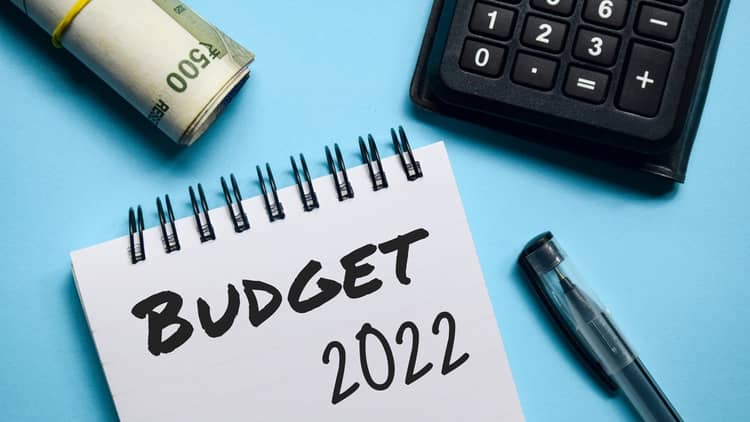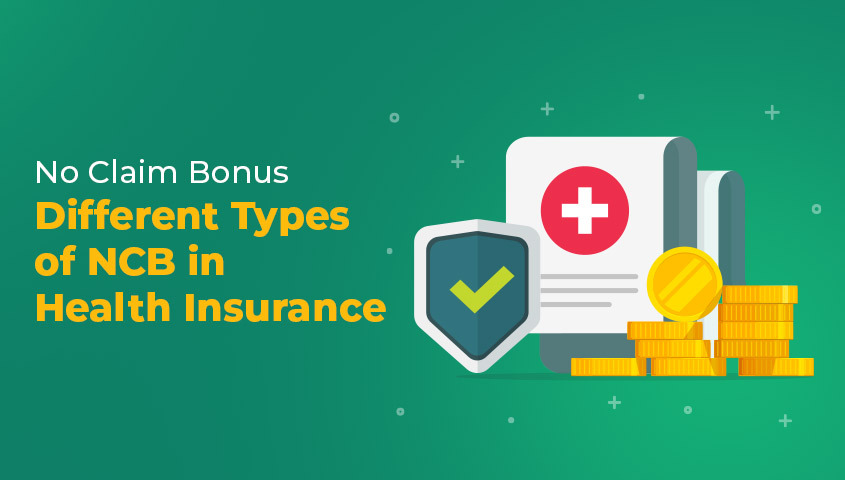
On 1st February 2022, India’s Finance Minister, Srimati Nirmala Sitharaman, unveiled the Union Budget 2022-23. The second digital budget of its kind, the Finance Bill 2022, focus on four major themes:
- PM Gatishakti
- Inclusive Development, Productivity Investment & Enhancement, Sunrise Opportunities
- Energy Transmission and Climate Action
- Financing of Fintech Investment
People have mixed opinion about the budget, but this has been presented more from a futuristic point of view for the next 25 years.
One key aspect is that there is no change in the direct tax slabs, exemptions and deductions available.
Broadly, the Budget can be analysed into 6 key areas, namely:
- Payment of Life Insurance Benefit for the disabled:
If the beneficiary of a life insurance policy is partially or fully disabled, the insurer will need to pay the beneficiary the life insurance amount once the parent or the guardian completes the age of 60.
This exception is only applicable to specially-abled beneficiaries of both new as well as existing life insurance policies.
Prior to this, insurance companies used to pay the beneficiary only upon the death of the parent or the guardian, which in the case of a disabled beneficiary adds to their challenge.
Takeaway: Among the many highlights of the budget, this gained the maximum praise from industry observers.
- Long term capital gain (LTCG)
The surcharge on LTCG has been capped at 15% in this Union Budget FY2022 and is applicable across all asset classes. This is previously applicable only to listed equity stocks as well as equity mutual funds. Essentially this change makes unlisted stocks at par with listed stocks.
- Digital Rupee and Crypto-tax
The finance minister announced plans of the RBI launching the Digital Rupee in 2022-23, which will be developed on the architectures of blockchain technology. Along with this, any profit derived from the sale or transfer of digital and virtual assets such as cryptocurrency, NFT (Non-Fungible Token) etc., will be taxed at 30%, with an additional 1% TDS being deducted at the source of the transaction. Lastly, the loss of any digital or virtual asset cannot be offset against any other income.
- Inclusion of Post Offices
In an effort to accelerate financial inclusion across the country, in the upcoming months, all 1.5 lakh post offices across the country will be brought under the core banking network.
Aimed at improving and extending the coverage of the national banking network to last-mile customers, this transition will essentially bridge the gap between post office account holders and account holders at other financial institutions.
Along with this, to earmark the celebration of Azadi Ka Amrit Mahotsav, 75 digital banking units will be set up across 75 districts by Scheduled Commercial Banks. Combined with the inclusion of post offices in the core banking network, experts predict that it will radically expand the horizon of India’s organized banking network.
- Capital Expenditure and Electric Vehicles
Another highlight of the Union Budget 2022-23 was the finance minister’s push to increase the government’s capital expenditure by 35.4% from the previous year’s ₹5.54 lakh crore to this year’s ₹7.50 lakh crore.
The ministry predicts that the effective capital expenditure for this financial year will stand at ₹10.7 lakh crores. The finance minister also invited investments from the private sector such that India can not only leap into its pre-pandemic growth trajectory but also pave the way for the next 25 years, leading to India at 100.
On a separate note, the finance minister highlighted the government’s willingness to accelerate the growth of the homegrown electronic vehicle industry.
The government has proposed manufacturers across the country to join hands and implement a standardized battery swapping policy such that more charging stations for EV (Electric Vehicles) can be developed.
Along with this, the minister has also encouraged the private sector to innovate its business model such that battery as a service and energy as a service can be implemented in the future to significantly increase the efficiency of the entire EV ecosystem.
- NPS (National Pension Scheme) & MAT (Minimum alternate tax)
To extend equal social security benefits to employees of both state as well as central government employees, the finance minister has proposed that moving ahead, the compulsory contribution of both central, as well as state government employees towards their NPS (National Pension Scheme) accounts will be 14%. This amount will be directly debited from their earned wages to arrive at their net pay.
Along with this, to offer a level playing field to both co-operatives and companies, the applicable MAT (minimum alternate tax) has been reduced to 15%.
Additionally, the applicable surcharge will be reduced from the existing 12% to 7%, and this benefit will be applicable to all co-operatives having an income in the range of ₹1 crore to ₹10 crores. The ministry shared that this move will be particularly beneficial to the rural population, where most farmers are members of the aforementioned co-operatives.
- Income Tax
Lastly, the finance minister has not proposed a new tax slab for taxpayers; however, an additional provision has been added to the tax filing system.
Moving ahead, taxpayers can file an updated return to voluntarily pay any missed amount in the earlier assessment year. This updated return can be submitted within 2 years of the assessment year in question.
Along with this, in an effort to reduce multiple litigations, moving ahead, taxpayers will only be able to file one case with the income tax department regarding any discrepancy. Once the said case has been resolved, only then can a second one be filed.
In Conclusion
There has been a lot of impetus provided to startups with extension of tax exemptions till March 2023. Although there are little alterations in this budget, it has futuristic approach and hence would prove to be growth oriented for the economy as a whole.
The Reference Shelf
































